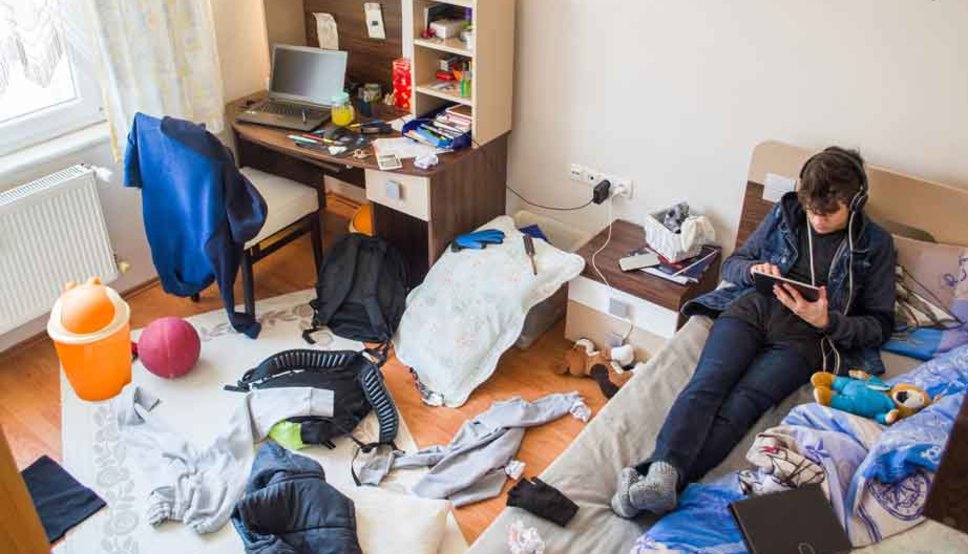Depression
Although all children may be sad at one time or another, depression is characterized by periods of sadness or feeling “down” that last for a longer period of time (more than 2 weeks) and interfere with a child’s ability to function on a daily basis.

Depression is treatable and is best treated when diagnosed early. A variety of different types of mental health specialists can treat your child, including child and adolescent psychiatrists, advanced practice registered nurses, and psychotherapists. Also, pediatric primary care providers can also identify and start treatment for depression.
Suggested treatment options include individual psychotherapy (particularly, cognitive behavioral therapy and interpersonal psychotherapy), family psychotherapy, psychoeducation, and antidepressant medications (in particular, Serotonin Reuptake Inhibitors or SRIs).
If depression is affecting the child’s ability to learn, adjustments may need to be made in their education program. Treatment is most successful when ongoing support is provided to the child, family, and school.




